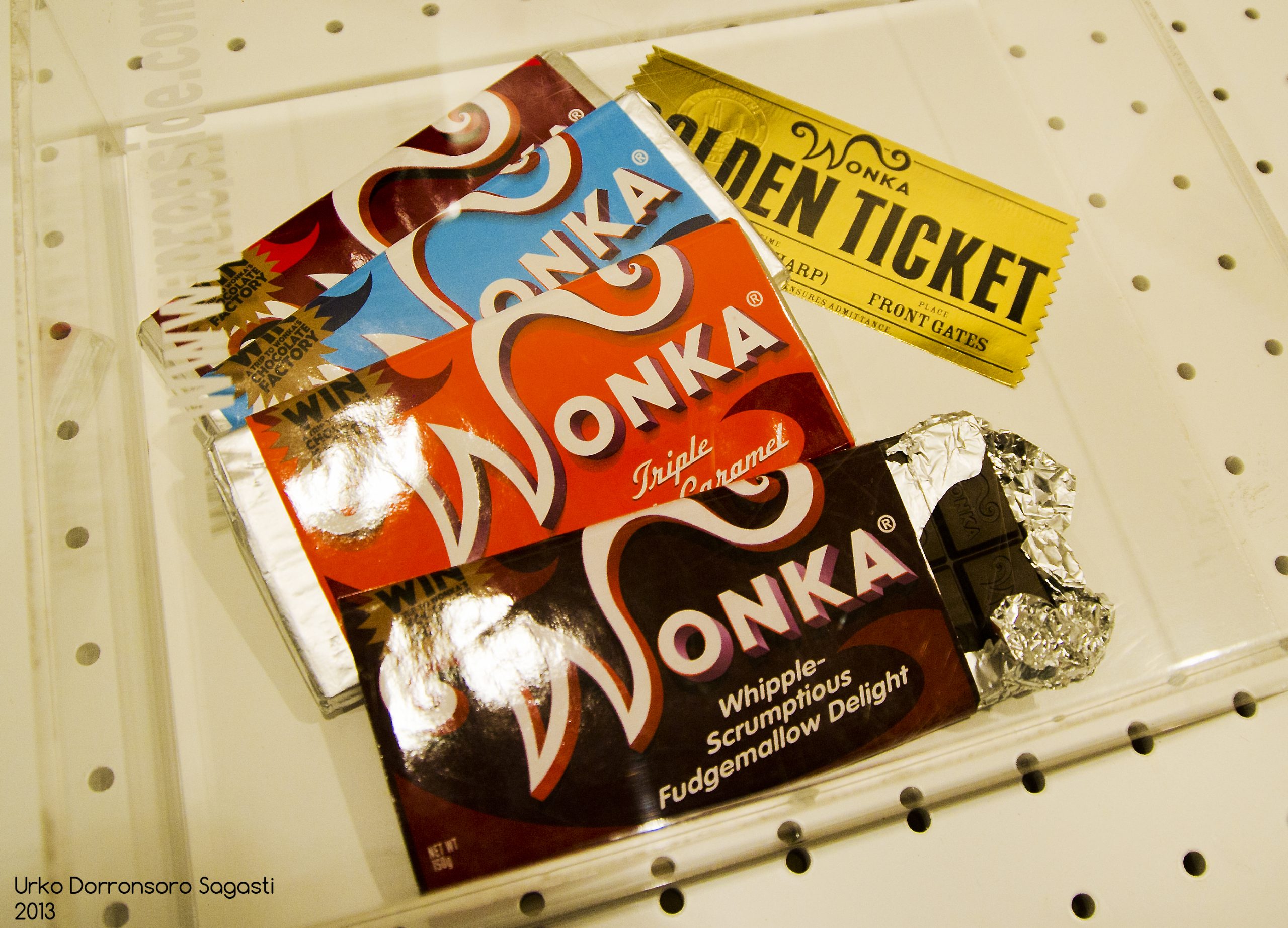
January 30, 2021, by Brigitte Nerlich
Vaccines: Between hope and hesitancy
I was listening to the BBC Today programme on Saturday morning (30 January, 2020), becoming rather depressed about the current vaccine row, when I heard Nick Robinson talk about something I had wondered about: the absence of happy vaccination cards – a real gap in the greeting cards market.
I had used an online card company the day before to send a birthday card and had seen that they also sold ‘lockdown cards’. That was the same day that my husband got his vaccination appointment and I had wished him happy vaccination day (in a rather jealous way, I have to confess).
Anyway, Nick Robinson went on to say that BBC Radio 4 Today had commissioned audio greeting cards with greetings written by Mike Shepperton read out by Susan Rae against a backdrop of soothing music. Listeners were told that they could use them to wish ‘many jabby returns’ to those lucky enough to get invited to have their vaccines. Here are some of them:
“You are a pioneer of the vaccine, not unlike Edward Jenner, but if you let me take your place, I’ll give you a tenner”. “Roses are red, violets are blue, I know you wanted Pfizer, but you are at the back of the queue”. “A cure by any other name would surely smell as sweet, but I am a vaccination nationalist and think the Oxford one can’t be beat”.
Vaccine words
That made me think. I have written a post about ‘lockdown words’ and another about ‘lockdown fatigue’, but now we are living through a time of vaccine excitement and things have changed a bit, something that, like everything else, leaves its imprint on the words we use. So what’s happening about vaccination? One verbal compound (or combination of several words to create a new concept) that has been around for a long time is that of ‘vaccine hesitancy’ and a lot of research is going into this phenomenon. But just recently two distinct new discourses have emerged around vaccination: one happy, one sad.
Vaccine wars and vaccine envy
On the one hand we have vaccine nationalism, vaccine wars, vaccine rows and so on, and on the other hand we have something which I’d call vaccine euphoria, accompanied by vaccine envy or vaccine jealousy (phrases that I thought I had invented last week, but which others seem to have invented independently!). I don’t want to analyse the negative discourse here, which is quite disheartening; I’ll just want to highlight the other, more positive one, as that needs some analysis too… analysis that I can’t really provide here. So this is just a sign-post.
While some hesitate before getting vaccinated or even oppose vaccination altogether, there are those that celebrate vaccination. There is talk of getting ‘the golden ticket’, which can mean a lot of things, from getting your vaccine invitation to the controversial issue of vaccine passports. As one headline said: “Some say vaccine rollout is like getting ‘Willy Wonka’s Golden Ticket’”. But where some get their ‘golden ticket’, others do not, and that makes them slightly jealous or envious.
The wellbeing industry has now latched onto these new afflictions. Moving from ‘lockdown fatigue’ to ‘vaccine envy’ and ‘vaccine jealousy’, they quote a mental health expert as saying: “It is possible to view those who get the vaccine as having a golden ticket back to that life, while others need to wait. This can lead to jealousy and anger for many people.” And they recommend mindfulness as a remedy:
“Vaccine jealousy may start to rise as more people get their COVID-19 shots while others still have months to wait.
Working through jealousy can help preserve your relationships and maintain your mental well-being.
Getting the facts, focusing on things you can control, and mindfulness practices can help alleviate vaccine jealousy.”
Vaccine hope
I think those who study vaccination hesitancy and the anti-vaxx movement (two different but connected things), should perhaps also look into this new type of thinking and this new type of behaviour that seems to be spreading – fuelled not by doubt but hope tinged with envy.
As one ‘sufferer’ of ‘vaccine envy’ says after seeing that three people got the vaccine, or rather ‘elixir’ or ‘hope-in-a-needle’, but not her:
“These three lucky vaccine recipients just happen to live or work in places that give them early access to the elixir we’re all waiting for — all of us, at least, who believe that vaccinations are vital to getting the pandemic under control.
Don’t misunderstand. I’m happy for my friends. I don’t begrudge anyone a vaccine. So many people need it more than I do. When I see photos of people with that needle in their arm, I feel a jolt of hope. You can want what someone else has without wanting to deprive them of it.
I don’t like this feeling, so I’ve been relieved to learn that others are afflicted.
‘I can personally attest to vaccine envy,’ says a friend who at the youthful age of 60 is five years too young to be eligible for the next phase of the vaccine. “For once I wish I was older.’
The problem is, there’s not enough hope-in-a-needle to go around yet, a problem compounded by the confusion over how to get in line for your eventual dose.”
We are poised between vaccine hesitancy and vaccine hope. How will this play out? And how will the vaccine wars impact on all of this?
Image: Golden ticket, Wikimedia Commons
No comments yet, fill out a comment to be the first

Leave a Reply